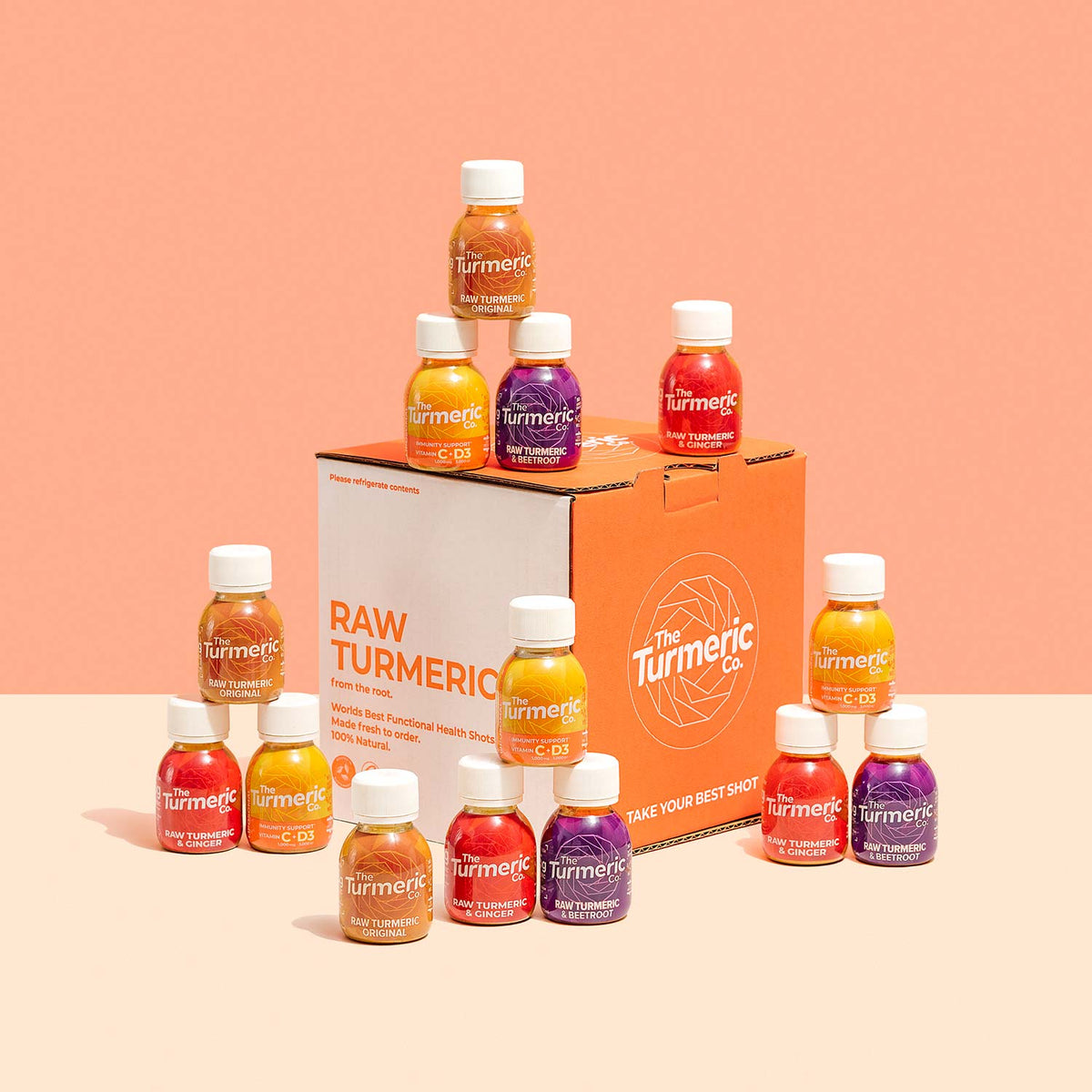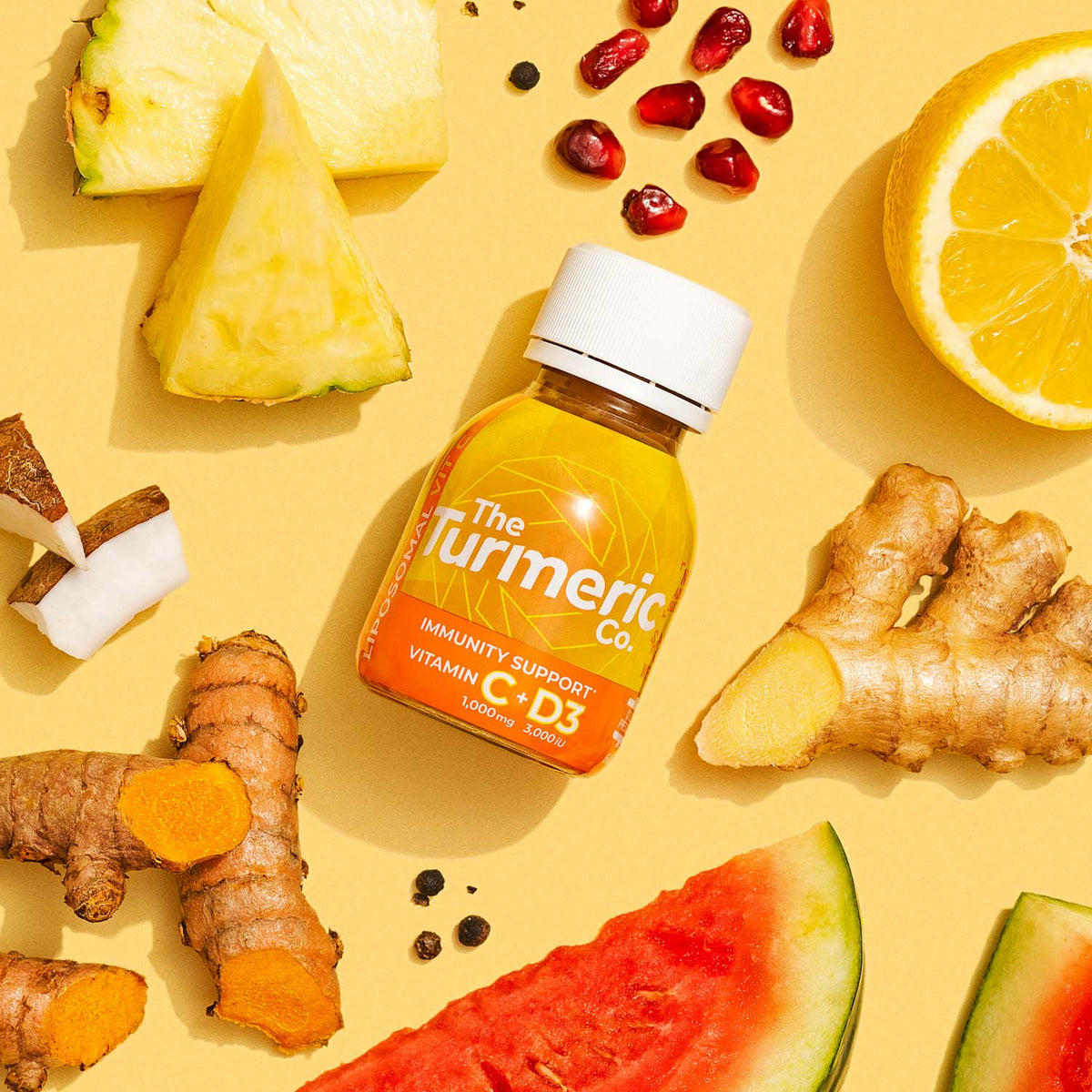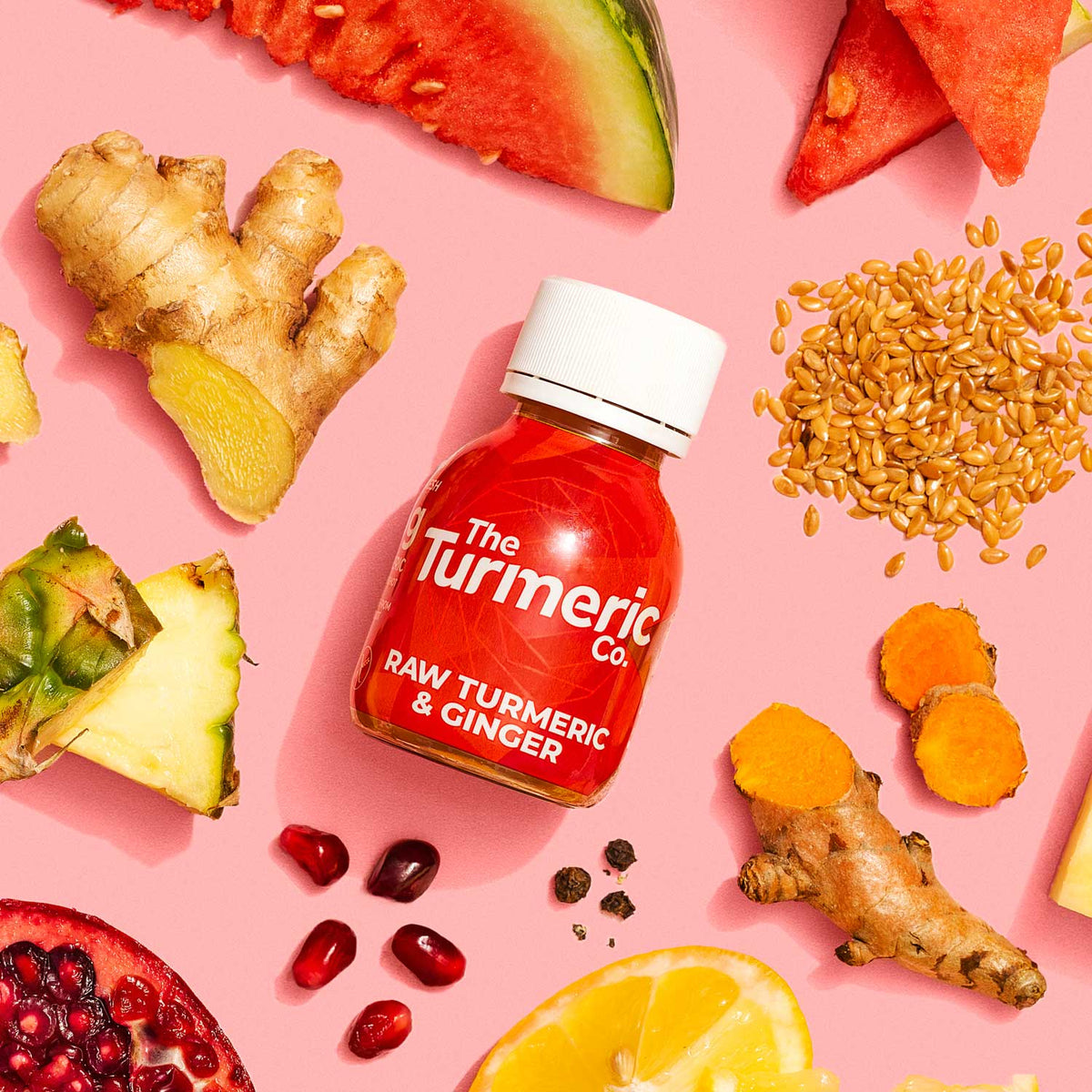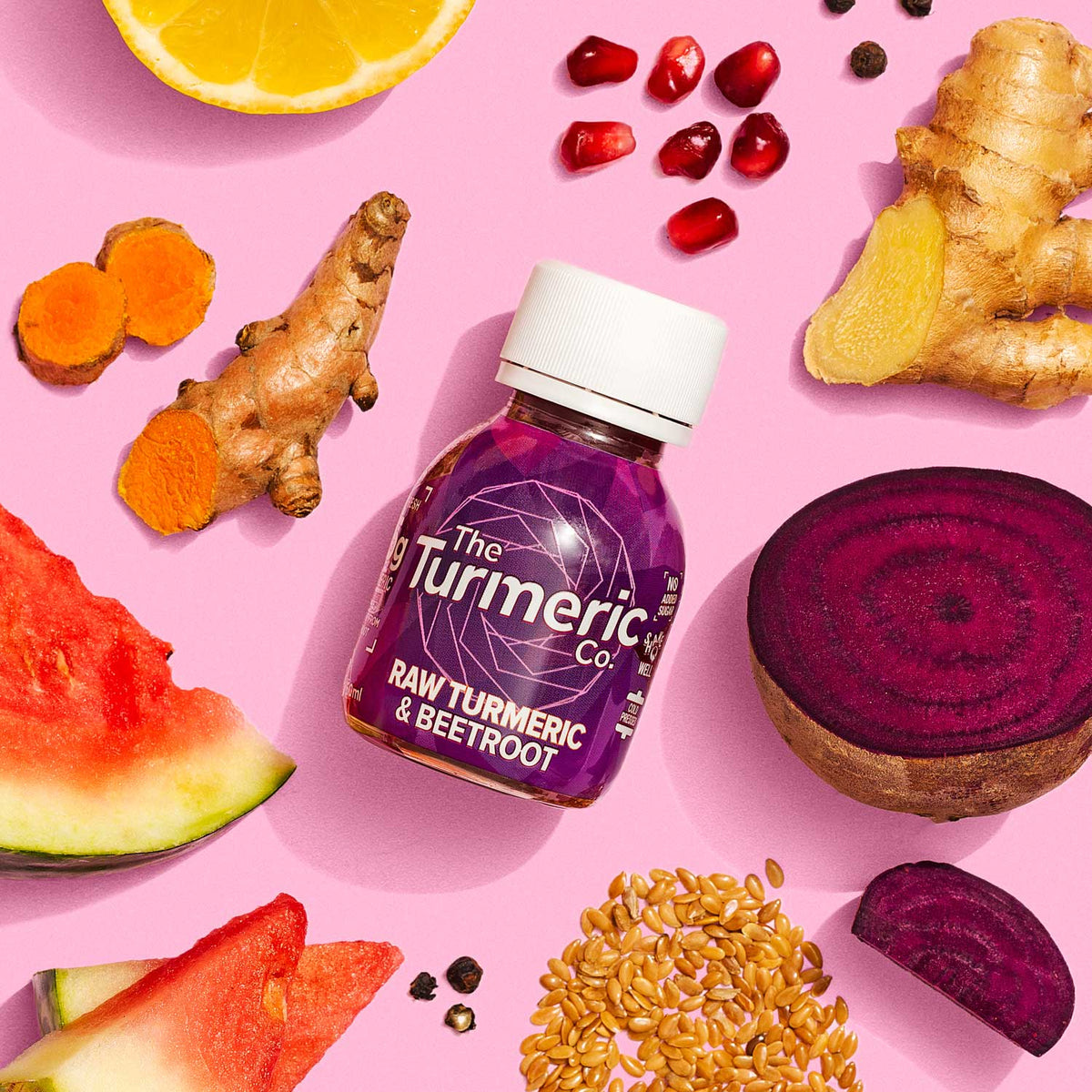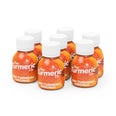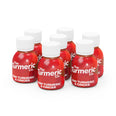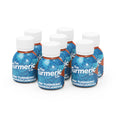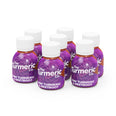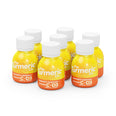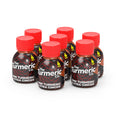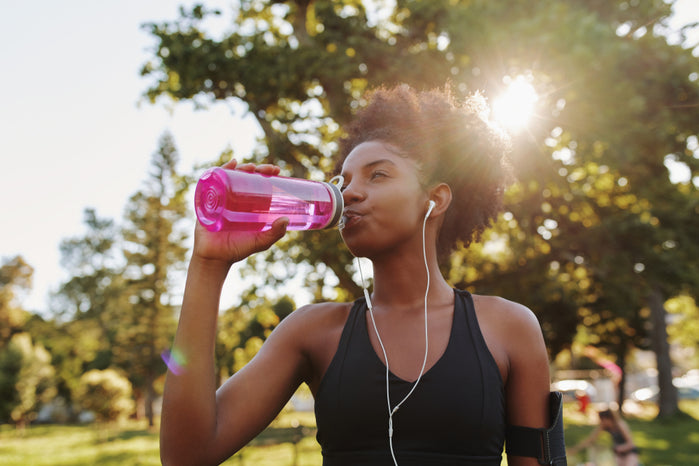They may seem like a convenient boost when you’re out on the field, but are there cleaner, more efficient ways to fuel your activity?
Sure, sports drinks have their benefits – that’s how they’ve become such a popular choice for athletes. Regular consumption, however, may be detrimental; what potential negative effects could they be causing?
High sugar levels
They may be packed with vitamins and minerals, but they’re made tasty thanks to the ingredient we hate to love – sugar!
The labels of most sports drinks will reveal the presence of 10 or more grams of sugar per 250ml.
Too much sugar, as you likely know, can lead to diabetes, weight gain, and high blood pressure. So if you are drinking sports drinks, be aware of your sugar intake in the rest of our diet.
Added calorie intake
As the sugar piles up, so can your weight.
Whether you’re on a strict diet or simply trying to keep a calorie deficit, sports drinks might be a bad choice for your lifestyle.
If you can account for the added calories in your diet, then go ahead. However, if sports drinks aren’t particularly necessary for the exercise you're doing, it could be a waste of calories that you could otherwise consume with protein, for example.
You don’t need us to tell you the negative impact that too many calories can have on your health!

High sodium intake
One of the electrolytes added to sports drinks is sodium, which is not great at preventing dehydration.
Just like calories in general, sodium intake is another thing we should keep track of.
It is already abundant in the average diet, so topping it up with sports drinks is only going to increase the likelihood of increased blood pressure, strokes and the world’s biggest killer – heart disease.
Not quite enough electrolytes
The electrolytes sports drinks provide are not enough to support you on their own, especially after sugar cancelling out some of the benefits.
After exercise, electrolytes need to be replenished again. The best way to do this is naturally, through a clean and healthy diet – not by drinking more sports drinks, which do not contain enough electrolytes to compensate for their negatives.
What are the alternatives?
-
Water
Unless you’re an athlete, or at least training like one, sports drinks are not usually necessary to get you through your workout.
For less intense, light to moderate exercise, water is all you’re going to need. Same applies if you’re just weight training at the gym. There are other supplements that will benefit you more here, such as creatine, which doesn’t come with all the sugar that the sports drinks do.
If you can get away with using nothing but water for the purpose of hydration, that’s your best bet!
-
Diet
If you know you need more electrolytes to fuel your activity, it could be more effective to consume them with your meals throughout the day.
Of course, a sports drink could give you that little boost to push you through your exercise, but if you can incorporate all the vitamins, minerals and electrolytes you need into your meal plan, you’ll easily cope without.
Adding ingredients like turmeric to your meals can increase stamina directly and indirectly, with the help of potassium electrolytes, iron and vitamin C.
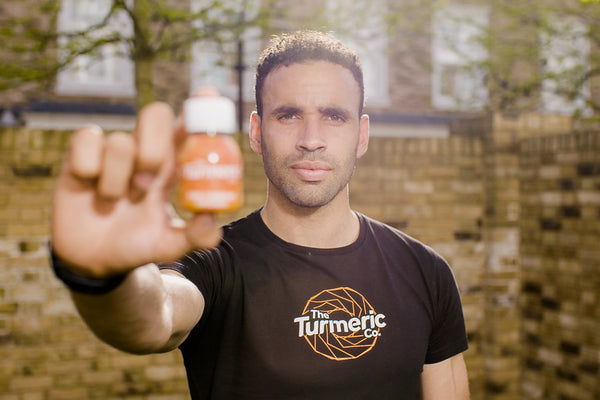
The Hal Robson-Kanu Guide To Fitness & Nutrition
Gain exclusive insight into habits that will make every day a healthy and fulfilling one.
